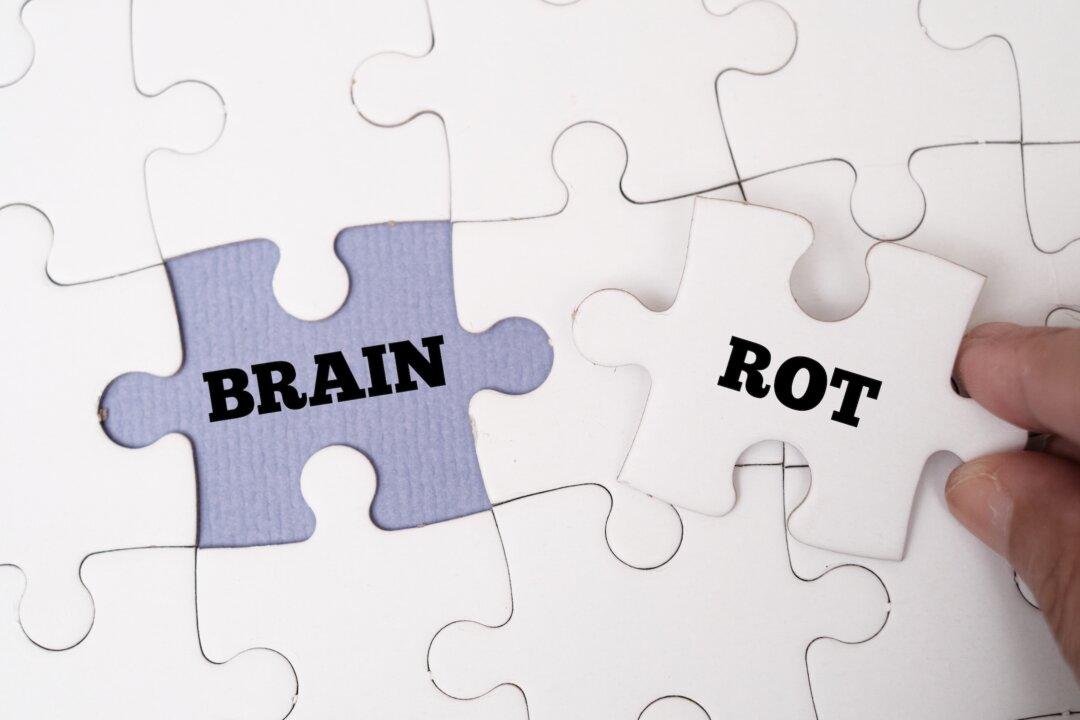Most of us know the experience: You stir and try to shake off a lethargy that has encased you like an iron blanket. Your eyes feel blurry and unfocused, and so does your brain. Time has slipped away, and you didn’t even notice. The past two hours evaporated in a mist that you don’t quite remember, other than that you watched dozens of mildly funny, largely banal, occasionally bizarre videos on TikTok or YouTube. You feel that all you’ve really managed to do is shave off a few points from your IQ.
There’s a term for this phenomenon. The Oxford University Press, which assembles the Oxford English Dictionary, chose it as the 2024 Word of the Year: “brain rot.”






